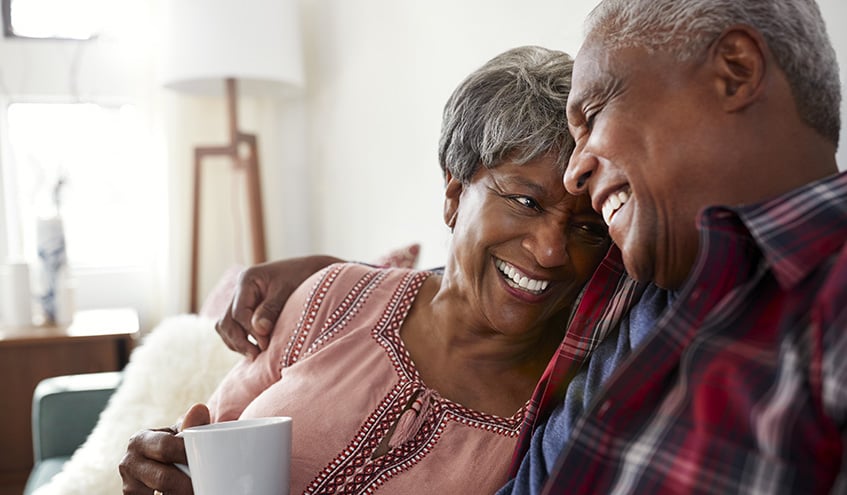Follow-Up Care for Cancer Survivors

After you were diagnosed with cancer, you began a new journey that extends beyond the cancer treatment phase. It’s a new lifelong process of caring for yourself in a new way.
Now that you’ve come through treatment, you have the rest of your life ahead of you. You may even experience a sort of “honeymoon phase” that allows your life to be filled with more activities you choose rather than physician appointments. You’re probably feeling like you’re ready to “move on” and start living life after cancer.
While that’s good, it’s also really important that you tend to your health – both your follow-up care as a cancer patient as well as remembering to tend to regular health screenings and care for other health conditions.
Make and Attend Your Cancer Follow-up Appointments
Every cancer patient is different and follow-up instructions vary accordingly. In general, the frequency of recommended follow-up appointments will depend on the type of cancer you had, the way it was treated, and your overall health. On average, most cancer survivors are instructed to see their oncologist for follow-up appointments every 3 to 6 months for the first 2 to 3 years after treatment, and then once or twice a year. It’s very important to make and keep your follow-up appointments. There is a risk of cancer recurrence. Catching it at a regular follow-up appointment can help with treating it quickly and more effectively.
Regarding Cancer Recurrence
There is no foolproof way to absolutely prevent cancer recurrence. However, according to the American Cancer Society, there are certain actions you can take to be as healthy as possible.
- Eat at least 2½ cups of vegetables and fruits each day
- Limit red meat (beef, pork, lamb) and processed meats (hot dogs, sausage, lunch meats, etc.)
- Consume foods made with whole grains rather than refined grains and sugars
- Lose weight if you are overweight
- Limit alcohol intake to one (women) or two (men) drinks per day
- Participate in physical activity regularly
- Return to normal daily activities as soon after cancer treatment as possible
- Try to work up to exercising for at least 150 minutes per week
- Do strength training exercises at least twice per week
It’s also important to note signs of cancer recurrence, such as:
- Return of your original cancer symptoms
- New or unusual pain that doesn’t go away
- Unexplained weight loss
- Easy bleeding or bruising
- Rash or allergic reaction
- Chills or fever
- Shortness of breath
- Blood in your stool or urine
- Frequent headaches
- Unexplained lumps, bumps, or swelling
- Nausea, vomiting, diarrhea, appetite loss, or trouble swallowing
- A persistent cough
- Any unusual symptoms that concern you
Seek Support from Other Cancer Survivors
Once you’ve battled cancer, it’s understandable that you may experience more anxiety about your health than other people who have never had a serious disease. Being diligent about attending your follow-up oncology appointments can go a long way in relieving some of the worries. But it’s also helpful to get some support between doctor visits. A support group for survivors is a great way to get that
Cancer survivors’ support groups allow you to open up about your fears and anxieties to others who are familiar with your struggles. Realizing you are not alone and gaining strength from fellow survivors will help you transition to life after cancer. You can view a calendar of current events here.
